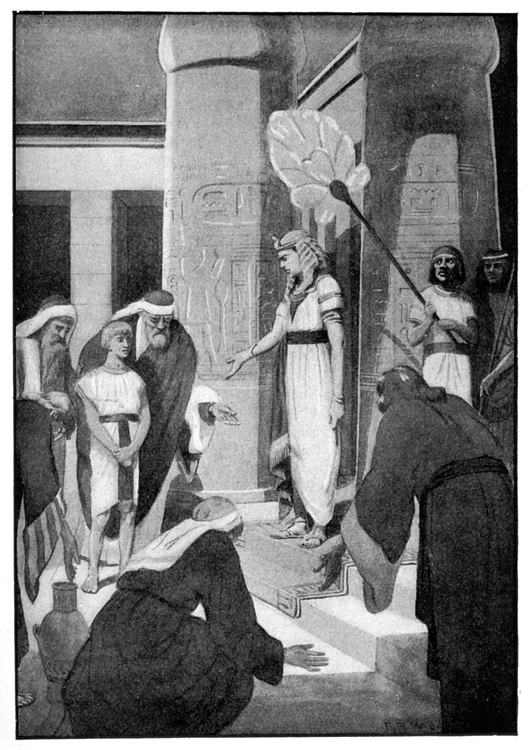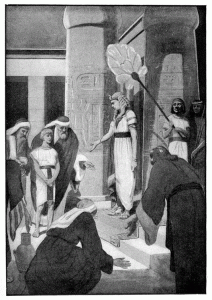
Genesis 44:32–34, Became surety for the lad. Christian commentator Matthew Henry on this passage states, “Judah’s faithful cleaving to Benjamin, now, in his distress, was recompensed long afterwards by the tribe of Benjamin keeping with the tribe of Judah, when the other tribes deserted it” (Matthew Henry Concise Commentary on the Whole Bible, p. 56).
It is amazing that some 800 years later this fraternal love between the two tribes of Judah and Benjamin continued to work in the collective psyches of these tribes such that the heart of the younger was still knit in loyalty with that of older brother. What does this say about generational blessings (and curses) or attitudes that are passed on down to one’s descendants? If curses can be passed on down to the third or fourth generation (Exod 20:5), how about blessings? The Book of Proverbs states that, “Death and life are in the power of the tongue, and those who love it will eat its fruit,” (Prov 18:21) and that, “ A wholesome tongue is a tree of life, but perverseness in it breaks the spirit,” (Prov 15:4).
Generations of our descendants can be affected positively or negatively by the inclination of our hearts and the words of our mouth. It had been Judah’s idea to sell Joseph to slave traders. In the meantime, Judah’s heart had changed so that he was willing to lay down his life for his brother, Benjamin, Joseph’s only full brother. This change of heart on Judah’s part and the resulting outpouring of love for his youngest brother had lasting positive results. What are the prophetic implications of this relationship between Joseph (Ephraim and Manasseh) and Judah?
Did Judah recognize Joseph, or did Joseph have to reveal himself? (Read Gen 45:1–4.) Was Judah “blinded” to whom Joseph was? Why? What is this a prophetic picture of? (See Rom 11:25.) As we have seen in the previous studies, Joseph was a type of the Messiah as well as the father of Ephraim and Manasseh, the dominate tribes of the Northern Kingdom of Israel, who went apostate and become “lost sheep” among the nations of the world (Hos 7:8; 8:8; Ezek 34:16 and numerous other Scriptures). Therefore, who does Joseph prophetically represent? This is a prophetic picture of the “lost sheep of the house of Israel” and the Messiah who would come to seek out those lost sheep (Matt 15:24; 10:6). And whom does Judah represent? Is Judah a prophetic shadow of the Lion of the Tribe of Judah who would later come as the Messiah to redeem his “brother” who would be lost in spiritual Egypt? Or does he represent the Southern Kingdom of the house of Judah who is “blind” to his Messiah? Perhaps he is a prophetic picture of both. These are potentially difficult questions to answer. One could easily force these scriptures in Genesis to fit into a false prophetic scenario.
This has been a head scratcher for the Jewish sages as well. They have seen in the story of Joseph, the Suffering Servant, a Messiah Son of Joseph figure who they felt would be a descendant of Ephraim and who would come to redeem the lost sheep or exiles of the house of Israel in preparation for a second Messiah to come whom they refer to as the Conquering King or Messiah the Son of David, (Mesorah Publications ArtScroll Bereishis, vol. 1(b), pp. 2121–2122). They see these Messiahs as two separate individuals. Yet in our story of Joseph and Judah can we see the antetypes of these two Messiahs acting out their roles at the same time? Could Judah and Joseph point to both comings of Messiah Yeshua? At his first coming, did not Yeshua, the Suffering Servant, come to redeem a remnant of lost Judah in addition to a much larger portion of “the lost sheep of the house of Israel”? Yet at his second coming, will this same Messiah Son of Joseph come back as the Lion of Judah to be revealed to his Jewish brothers who had previously rejected him?





